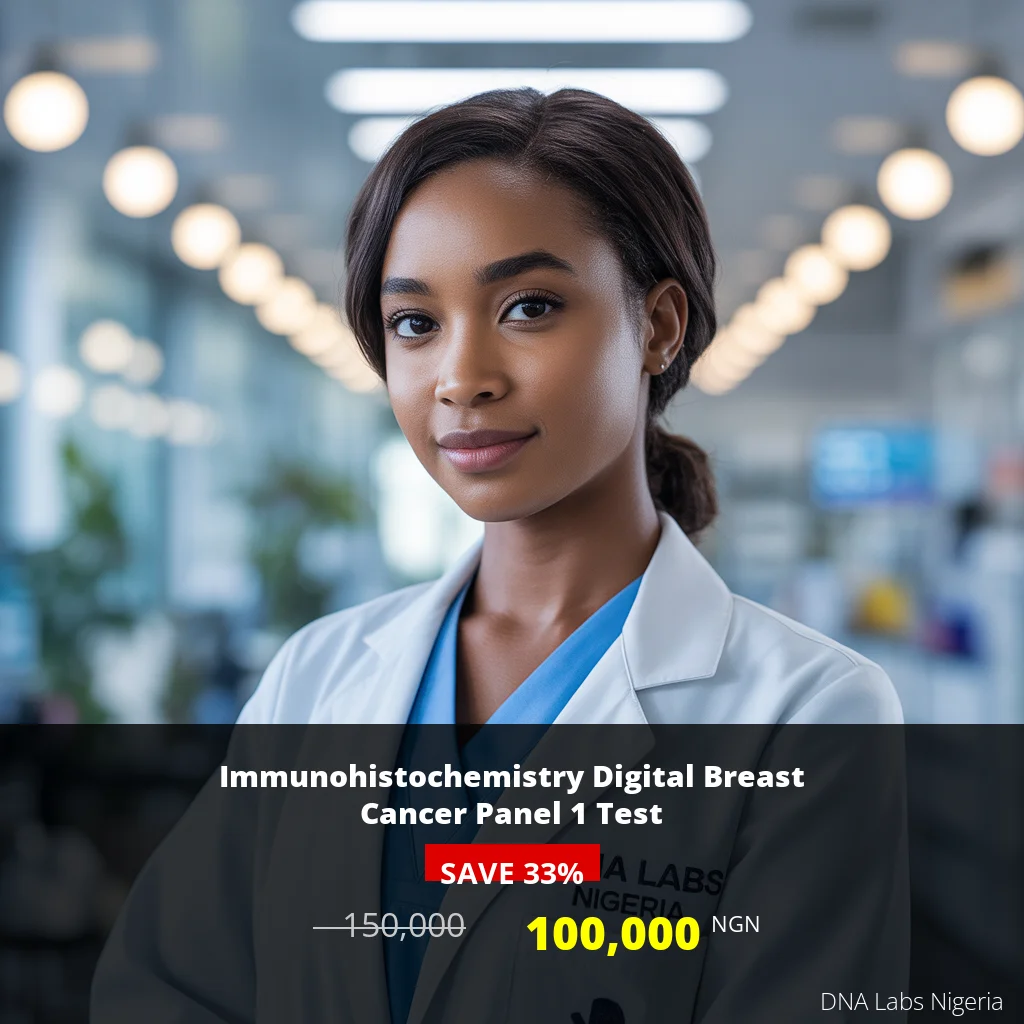Immunohistochemistry Digital Breast Cancer Panel 1 Test
Introduction to the Immunohistochemistry Digital Breast Cancer Panel 1 Test
The Immunohistochemistry Digital Breast Cancer Panel 1 Test is a vital diagnostic tool used to analyze breast cancer through the examination of tumor tissue. This test utilizes advanced immunohistochemistry methods to identify specific markers associated with breast cancer, thereby enabling oncologists to tailor treatment plans effectively.
What the Test Measures
This comprehensive test evaluates the following key components:
- Estrogen Receptor (ER) Status
- Progesterone Receptor (PR) Status
- Photomicrograph of the tissue sample
- Pathologist review for the presence of malignant cells
Who Should Consider This Test
The Immunohistochemistry Digital Breast Cancer Panel 1 Test is recommended for:
- Individuals with a family history of breast cancer
- Patients exhibiting symptoms such as lumps or changes in breast tissue
- Women over the age of 40 or those with risk factors for breast cancer
Benefits of Taking the Test
Understanding your hormone receptor status is crucial for:
- Determining the most effective treatment options
- Assessing the likelihood of cancer recurrence
- Personalizing therapy based on individual tumor biology
Understanding Your Results
The results of the Immunohistochemistry Digital Breast Cancer Panel 1 Test will provide insights into the expression of hormone receptors in your tumor. A pathologist will review the results, which can guide your oncologist in making informed decisions about your treatment plan.
Pricing Information
| Price Type | Amount (NGN) |
|---|---|
| Discount Price | 100,000 NGN |
| Regular Price | 150,000 NGN |
Booking the Test
To book the Immunohistochemistry Digital Breast Cancer Panel 1 Test, please contact us at +2348110567037. Ensure to provide a copy of the Histopathology report, indicate the site of biopsy, and include your clinical history for accurate results. We accept samples daily by 6 PM, and the turnaround time for the report is typically 5 to 7 days depending on the complexity of the tissue sample.







